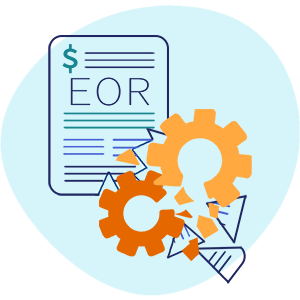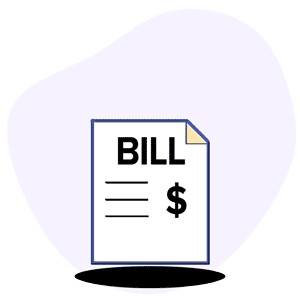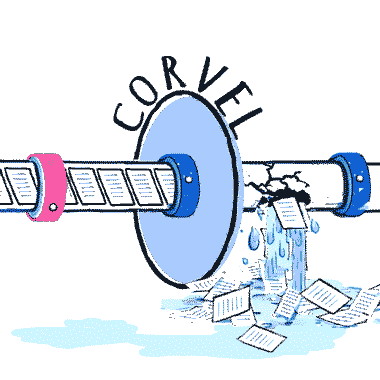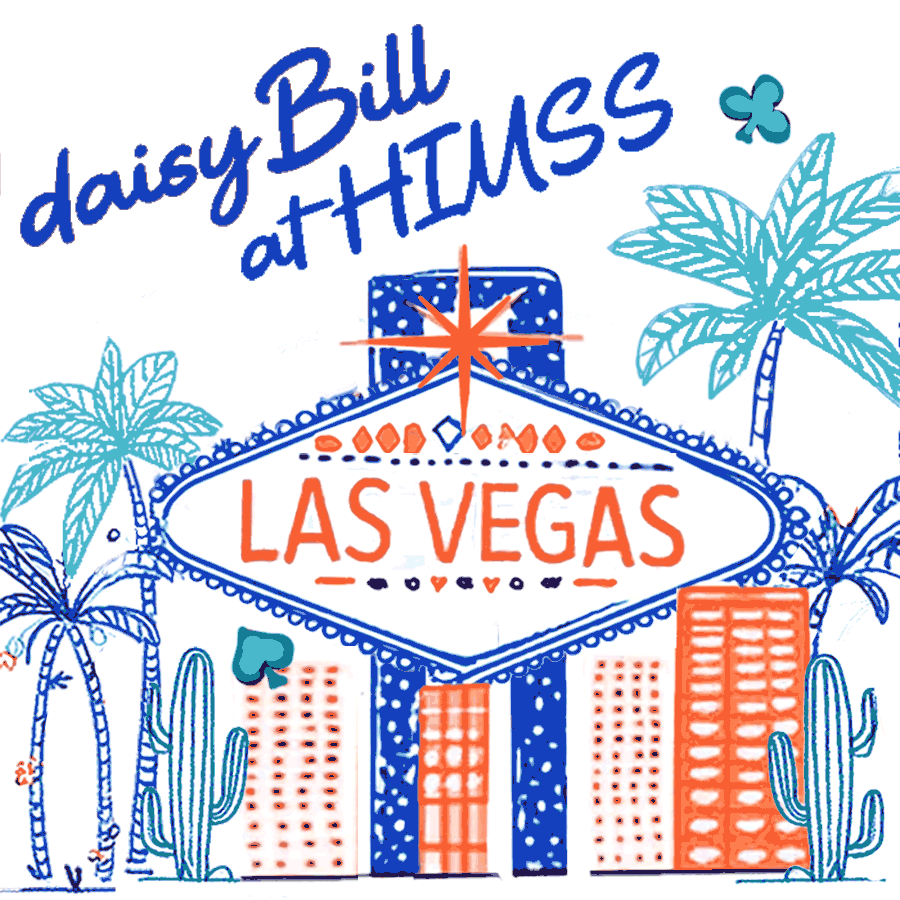Change Cyberattack: Availity to Return Providers' Bills
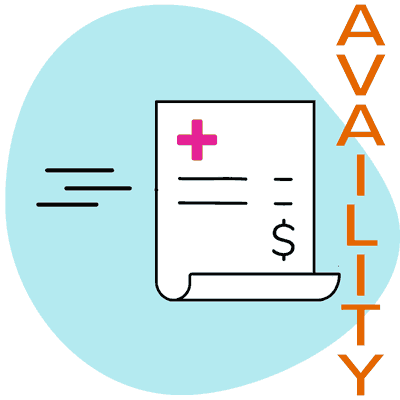
Following the recent cyberattack on Change Healthcare, Availity, a national Revenue Cycle Management (RCM) and Electronic Data Interchange (EDI) clearinghouse vendor, has “terminated” its connections with Change Healthcare.
The attack on Change, which processes a reported 50% of U.S. healthcare claims, crippled billing, prescriptions, and other services across vast swaths of the nation’s healthcare system.
In a message to trading partners, Availity also stated that after March 16, 2024, Availity will return Change bill submissions “for which Availity has no current alternative pathway for electronic submission.”
In other words, Availity is washing its hands of bills that would usually be sent to Change, described as “the largest electronic ‘clearinghouse’ in the business.” Below, we summarize how this termination impacts providers’ revenue.
daisyBill e-bills remain unaffected by the attack, as our software connects directly to claims administrators or their specific workers’ comp clearinghouses, none of which include Change.
Return to Sender: Availity Washes Hands of Bills
In a March 14 email, Availity announced that it would cut ties with Change as a result of the cyberattack — a momentous decision considering Change’s near-omnipresence in U.S. healthcare (the federal Department of Health and Human Services estimates that Change is “involved in one in every three patient records”).
This Availity announcement contains three points that potentially affect providers' revenue:
1. Starting March 16th, Availity intends to return an unspecified number of e-bills to providers and their billing vendors:
“After Saturday, March 16, 2024, Availity will be returning previously held claims, as well as any new claim submissions, for which Availity has no current alternative pathway for electronic submission…”
2. Availity acknowledges the Herculean administrative burden returning these bills places on trading partners and providers to determine how to submit the bills to payers:
“...we encourage trading partners [i.e., providers’ billing vendors] to work with providers to determine next steps to continue claims processing, including identifying alternative submission methods, such as payer portals, fax, mail, or paper drop off.
3. Availity acknowledges that payment owed to providers could be denied due to timely filing issues:
”We recommend reaching out directly to applicable payers to inquire about enforcement of timely filing requirements…Availity is not responsible for any delays relating to claim submissions…”
The fact that e-bills passed through two clearinghouses — both Availity and Change’s systems — exemplifies how unnecessarily convoluted medical e-billing has become, even before the cyberattack.
Navigating the Clearinghouse Maze
Clearinghouses accept e-bills from providers and forward them to payers for processing. However, navigating the clearinghouse system requires expertise.
A reliable e-bill delivery system should send each bill to the (single) correct clearinghouse, not a redundant, daisy-chained series of clearinghouses cobbled together with duct tape and bubblegum.
Too many billing vendors and clearinghouses assert that e-bills are easily “rerouted” to multiple clearinghouses in their journey to the designated payer. But in reality, that’s precisely how e-bills and documents get lost.
The Change cyberattack is a wake-up call for billing vendors to establish the most direct, efficient electronic pathways for sending bills from the provider to the payer and to have contingencies in place for the unexpected.
That approach is how 92% of daisyBill e-bills reach the payer intact, with mainly automated processes to submit the rest via fax or email (or mail in less than 1% of cases) when necessary.
daisyBill makes treating injured workers easier, faster, and less costly. Request a free demonstration below.
REQUEST DEMO
DaisyBill provides content as an insightful service to its readers and clients. It does not offer legal advice and cannot guarantee the accuracy or suitability of its content for a particular purpose.

